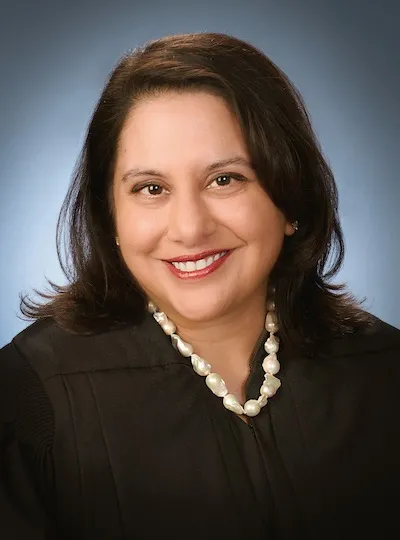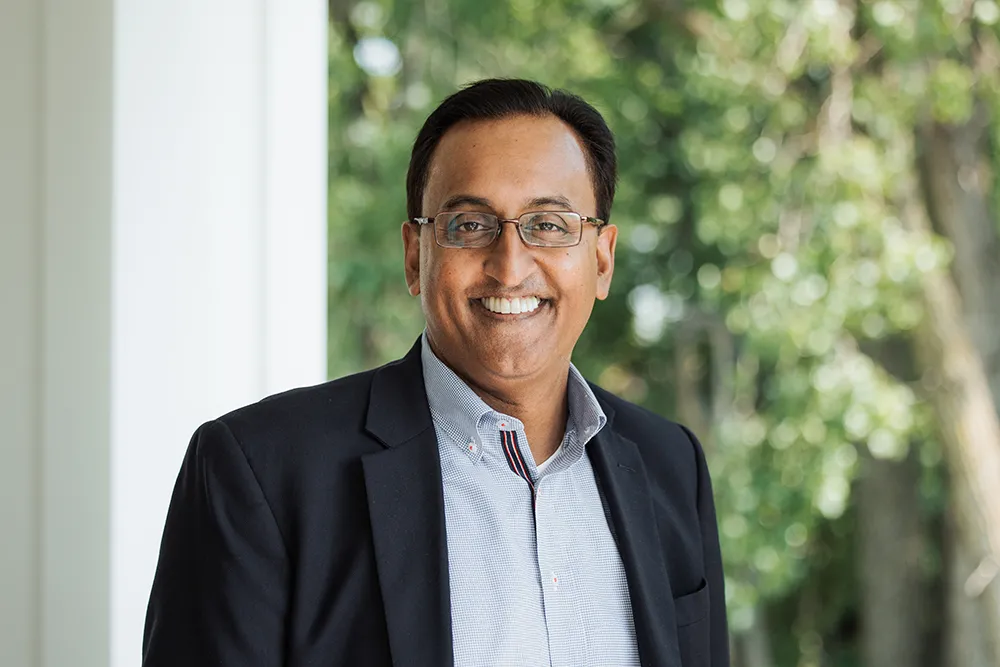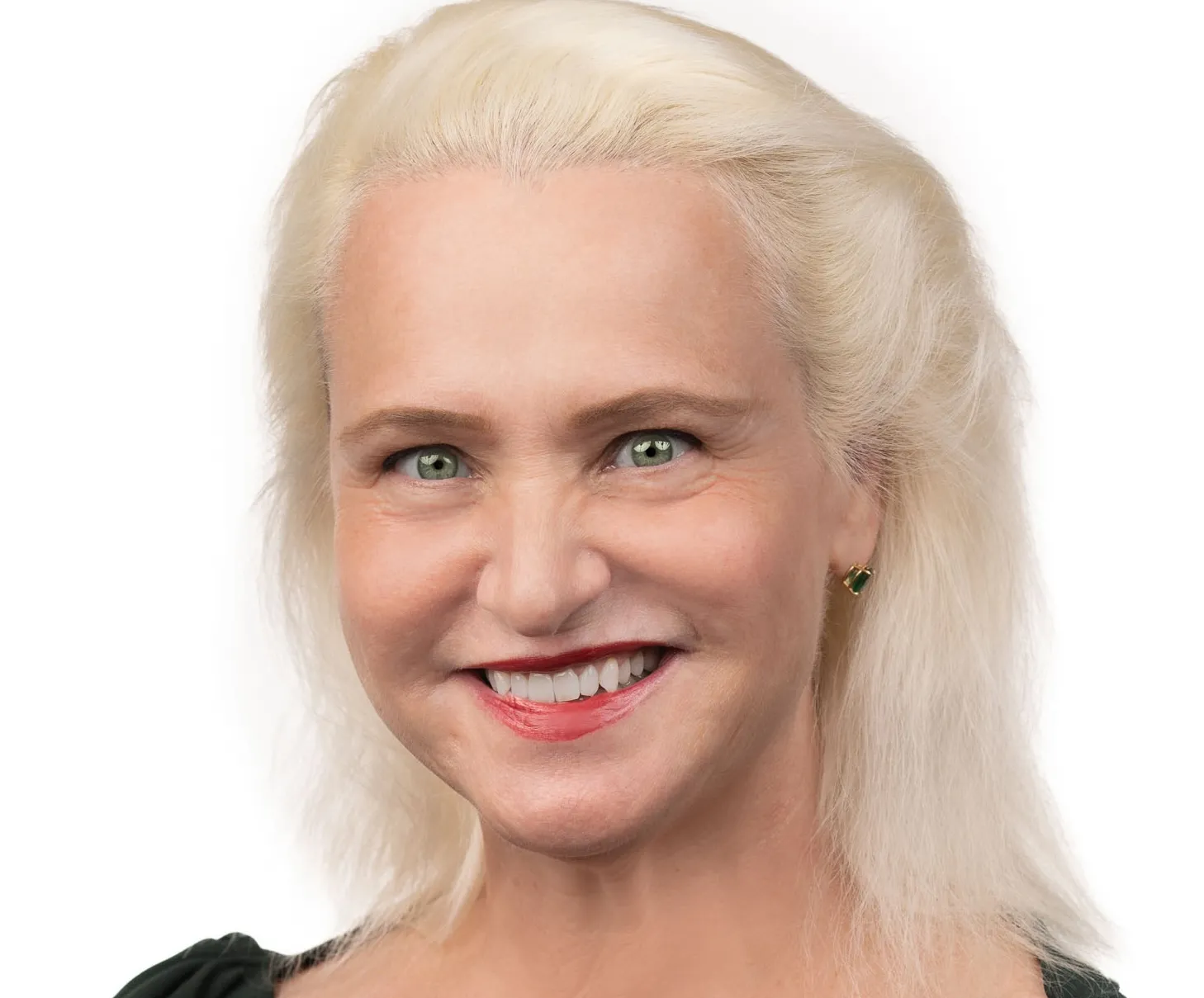Neomi Rao, ’99: Serving the Public from the Executive Branch to the Bench

In September of last year, Neomi Rao, ’99, was sworn in as a judge on the United States Court of Appeals for the District of Columbia Circuit.
“I am grateful and honored to have this opportunity to serve the public,” she said. “It’s a steep learning curve, as my colleagues told me, but I think my varied experience has helped prepare me for the role.” Her experience includes service in all three branches of the federal government, a substantial academic career, and time in private practice.
Before joining the court, Rao was the Administrator of the Office of Information and Regulatory Affairs, the White House agency that reviews regulations and regulatory policy throughout the federal government. “I loved being the regulatory czar,” she recalled. “There were important issues before us every day, and we worked with agencies to make regulatory policy work better for the American people. The practical work dovetailed with my scholarship on the nature and limitations of the administrative state.”
In 2015, she founded the Center for the Study of the Administrative State at the law school where she had taught since 2006, the Antonin Scalia Law School at George Mason University. “The Center was the first organization committed to considering the constitutional and legal foundations of the administrative state,” she said. “It was satisfying for me to engage diverse scholars who were studying those issues in submitting draft papers and participating in roundtables and conferences. I started the Center with no staff and a minimal budget, and I’m very pleased to see the prominence it has gained over the years.”
She also taught a seminar at Scalia Law School with Justice Clarence Thomas, for whom she had clerked. “Justice Thomas is a wonderful mentor and friend, remarkably warm and caring,” she said. “He is a jurist with courage and an unwavering commitment to the rule of law.”
Before her year clerking for Thomas, she held a Court of Appeals clerkship and then worked for a year as counsel to the Senate Judiciary Committee. About her time at the Judiciary Committee, she said: “It’s very hard—I would say impossible—to understand Congress as an institution unless you have worked there. That experience informed my scholarship and my practical understanding of separation of powers.”
After her clerkship with Thomas, she and her husband—her Law School classmate Alan Lefkowitz—relocated to London for three years, where she worked with an international law firm and also was a primary contributor to the International Bar Association’s guidelines on conflicts of interest, the first such standards in the field. Returning to the US, she took a job in the White House as associate counsel and special assistant to President George W. Bush, where among other things she analyzed legal issues across a range of policy matters, handled separation of powers disputes, and assisted in the selection and confirmation process for judicial nominees, including Chief Justice Roberts and Justice Alito, as well as her predecessor on the Court of Appeals, then-Judge Brett Kavanaugh.
Discussing her time at the Law School, she said: “One thing I have particularly appreciated during my career is how professors at the Law School pushed us to understand the strongest arguments on all sides of a case. They emphasized law as law, as distinct from other types of reasoning. I’ll never forget sitting in my first-year property class with Professor Helmholz. It was terrifying to be cold called and to wonder if I would survive the experience.” She did more than just survive, serving as an editor on the Law Review and graduating Order of the Coif.
“The Law School provided an invaluable education and many lasting friendships,” she said, but she puts one item at the top of her gratitude list: “It was at the Law School that I met my wonderful, brilliant, amazingly supportive husband.”


